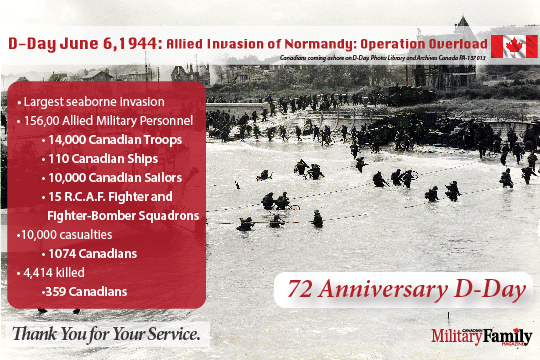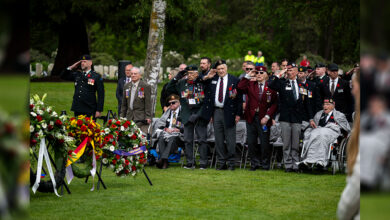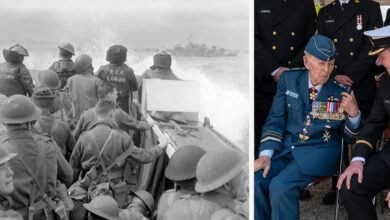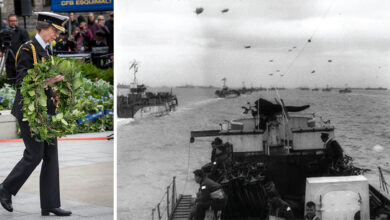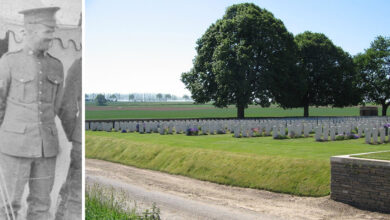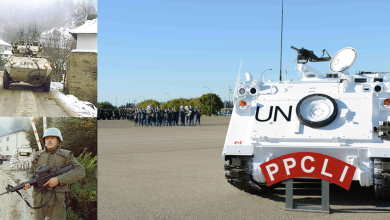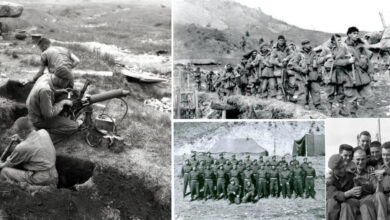History
D-Day Marks 72nd Anniversary
Exactly 72 years ago today 150,000 Allied troops stormed the beaches of Normandy, France and forever changed the course of the Second World War. Canadian soldiers fully contributed to this historic invasion and made their mark in the pages of Second World War history.
“D-Day is very important to Canadian military history. Canada takes part as a full partner in the largest amphibian invasion in military history. It helps liberate France and German-occupied Western Europe in the weeks and months that follow, and it marks Canada’s involvement in the Second World War in helping to defeat Nazi Germany,” said Jeff Noakes, Second World War Historian at the Canadian War Museum.
By the spring of 1944, Germany had occupied France and a majority of the European continent for almost four years. The English Channel was all that separated Nazi Germany from taking Great Britain. Realizing that their best option to re-conquer Europe was through the 80-kilometre front of Normandy, France, also known as the “Fortress Europe,” Allied forces began planning an invasion. Planning lasted for more than a year and involved ground, sea and air elements.
Out of the five landing beaches across Normandy, “Juno” beach was assigned to the Canadians. On June 6, 14,000 Canadian troops, along with other Allied Forces, landed on the beaches of Normandy and fought through the German fortress of guns, pillboxes, roar wire, mines and other obstacles to take back France.
Canada contributed to D-Day through not only its ground troops and more than 450 paratroopers who landed on the beaches that day, but also through the Royal Canadian Navy, who contributed 110 ships and 10,000 sailors. The Royal Canadian Air Force (RCAF) contributed before the invasion by bombing targets in-land. On D-Day, and the campaign to follow, 15 RCAF fighter and fighter bomber squadrons helped to take the skies over Normandy and attack enemy targets.
“The Canadian involvement is extensive and quite varied throughout, not only just June 6, D-Day itself, but the lead up to D-Day and obviously in the days, weeks and months that come afterwards,” stated Noakes.
Fighting continued throughout the summer of 1944 culminating in the liberation of Paris by the Allies on August 25, 1944.
The invasion of D-Day proved to change the course of the Second World War in the favour of the Allies.
“D-Day marks an important turning point in the Second World War. First off, it marks the beginning of the liberation of Western Europe from German occupation beginning with France and later on with Belgium and the Netherlands. It also marks the opening of a new front against Nazi Germany.
“It makes Germany’s situation all that much the worse, and it really does mark a significant turning point in the unfolding of events during the Second World War,” commented Noakes.
The success of D-Day came at a cost, however, to the Canadians. The Canadians suffered the most casualties of any division in the British Army Group, with 1074 casualties, including 359 Canadians who lost their lives.


